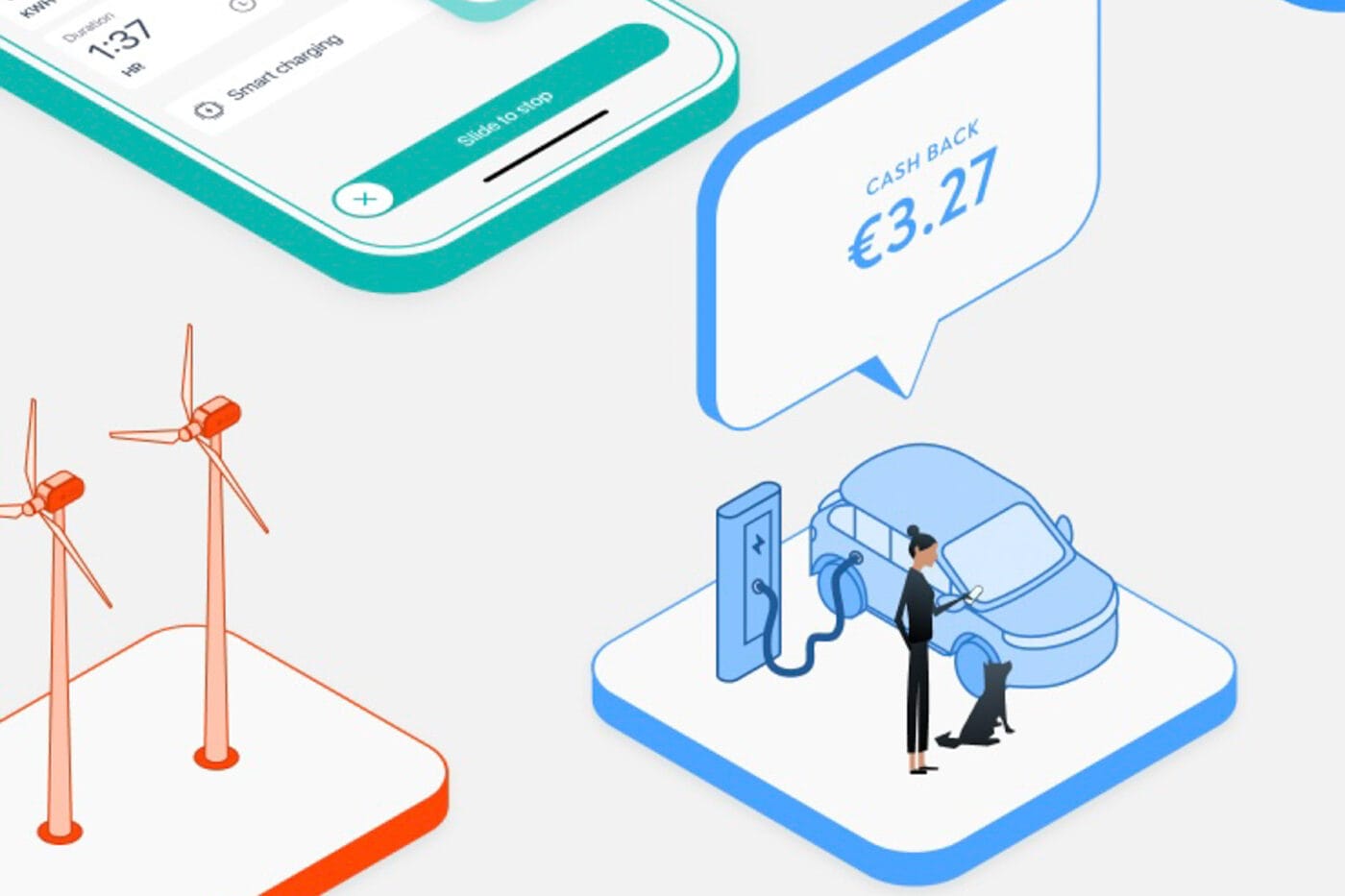
Could smart charging help cure the housing crisis? Amsterdam believes so
Grid congestion is no longer a future concern—it’s a present-day bottleneck across the Netherlands. As cities like Amsterdam face limits on housing construction due to electricity shortages, new charging infrastructure risks competing for space and power. “They say one public charging station equals four houses,” says Jacob van Zonneveld, CEO of Deftpower. “So, what do we want? One charging station or four houses that are affordable?“
The City of Amsterdam responded with a bold policy shift: charge point operators are now required to implement smart charging strategies to earn the right to deploy infrastructure in public spaces. Enter Deftpower, a charging service platform that developed a solution connecting user data, AI, and market incentives to optimise charging schedules, without compromising user experience.
The core issue is simple: high demand at peak times exceeds grid capacity. But the remedy isn’t as straightforward. “When the city started working with charge point operators, they quickly found two big problems,” van Zonneveld explains. “They didn’t have permission from EV drivers to smart charge, and they had no idea how full the cars’ batteries were or when drivers were planning to continue their journey.”
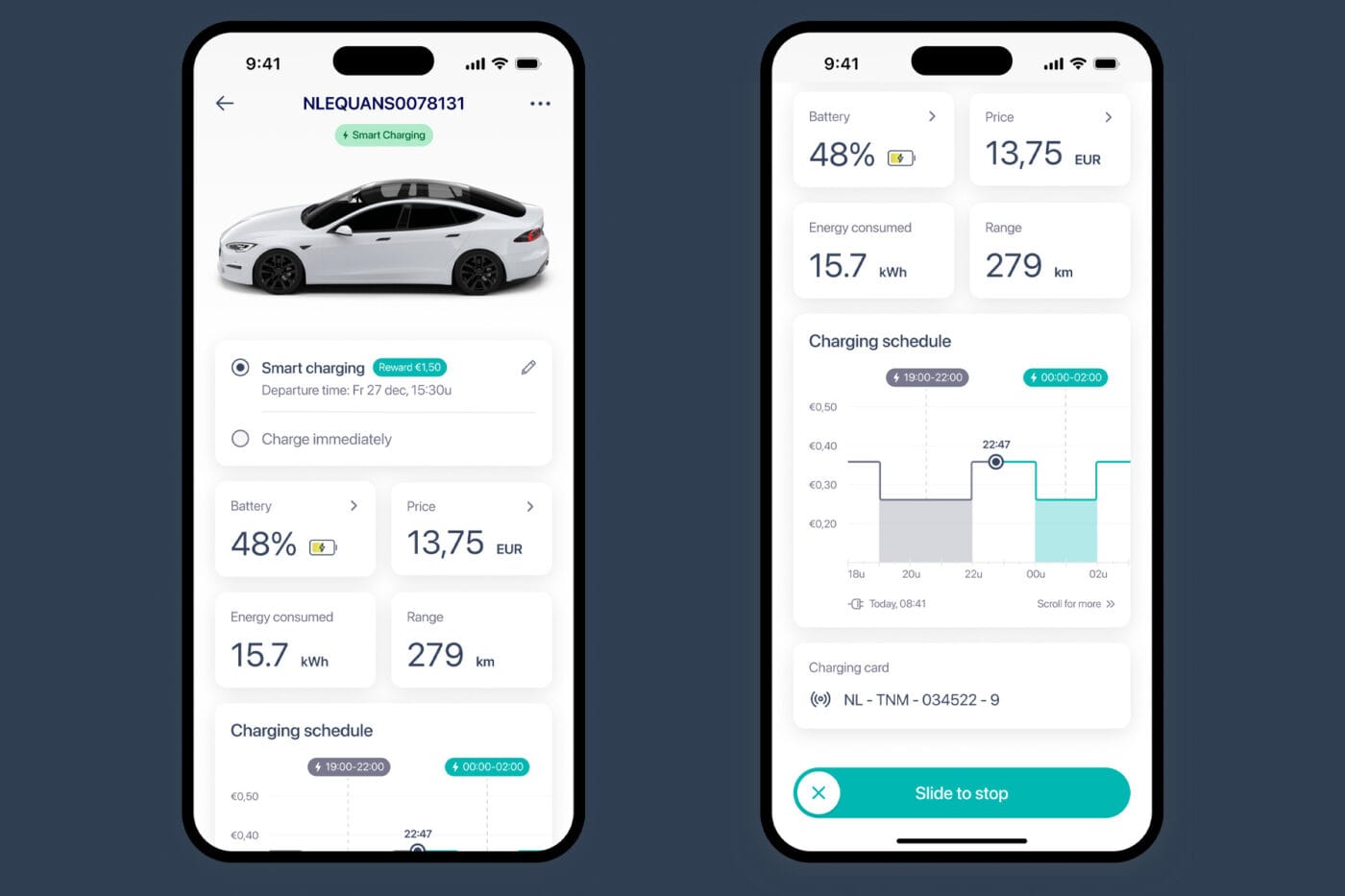
Deftpower addressed both. Through its app, the company enables one-time consent from the driver. From that point on, the system manages charging schedules based on real-time data. “We know the state of charge and the predicted departure time,” says van Zonneveld. “So if 100 vehicles plug in, we can tell you which 60 can be delayed, and which 40 need to charge immediately.”
This intelligence allows CPOs to modulate demand without risking driver dissatisfaction. Crucially, those who allow flexibility benefit financially. “You reward good behaviour,” he adds. “People still park and plug in as normal. Now, at the end of the session, they also get cashback.”
From technical success to urban strategy
Deftpower’s partners in the pilot in the Dutch capital, which kicked off in March 2025, include Equans (charge point operator), ANWB (mobility services provider), and the City of Amsterdam. The project has already demonstrated measurable results. “We’re seeing 60 to 70 per cent of consumption shift away from peak hours,” notes van Zonneveld. This is not just a technical win; it directly impacts housing policy. “If grid demand is reduced, the city can approve more construction projects. So suddenly, smart charging eanbles broader urban development.”
The approach contrasts starkly with previous proposals by grid operators to simply ban charging during peak hours. “Amsterdam didn’t want to say: ‘You must drive electric, but you’re not allowed to charge.’ Now they can say: ‘Smart charging with cashback is the way to go.’ That’s a much more positive message,” he adds. And, needless to say, a message with greater customer acceptance.
By June, the Amsterdam model will roll out nationally, with other Dutch cities likely to adopt similar frameworks. “We’ll expand to Germany, Scandinavia, and Benelux next,” says van Zonneveld. While market dynamics differ, the fundamentals remain the same. “Our system works on energy markets. Yes, there are regulatory nuances, but in principle it’s the same: every day brings a new electricity price. That’s what we optimise for.”
A key enabler of this optimisation is AI. “A human can only connect so many dots. AI looks at our data, weather patterns, user calendars—whatever is available—and predicts departure times with up to 95 per cent accuracy,” he explains. “You need a lot of data, but the results are better than what any human could calculate.”
Interoperability and the MSP 2.0 Model
Deftpower’s success hinges on its positioning not as a CPO, but as a new breed of MSP. “CPOs lack the ingredients to make smart charging work: no access to vehicle data, no permission from the user, no financial interface,” says van Zonneveld. “We’ve calculated that MSPs can offer 8 to 10 times more flexibility than traditional charge point-based systems.”
But can any MSP do this? “In theory, yes,” he concedes. “But they need a highly advanced platform. That’s why we’re pushing the concept of ‘MSP 2.0’—beyond just a charging card to a fully integrated, intelligent service platform.” Interoperability is a major focus. “In the early days, interoperability meant being able to use your charging card across networks. Now it means being able to sell flexibility across networks,” he explains. Deftpower is already working with multiple CPOs and utilities to make this a reality.
And the value proposition is clear: “CPOs earn more per session, and thanks to the cashback, their infrastructure becomes more attractive to users. That makes them more competitive. Pure economics makes this worthwhile,” said van Zonneveld.
A Model for Europe?
The pilot is obviously still in its early stages, but indicators point to success, the Deftpower founder and CEO explained: significant peak shifting, high user participation, and strong stakeholder interest. “Most Dutch drivers are aware of grid problems,” says van Zonneveld. “Helping solve that with a single app and earning money while doing it? It’s a win-win.”
With the Netherlands as a proving ground, Deftpower’s model is primed for export. “We built this for scale,” van Zonneveld concludes. “What we’re doing in Amsterdam could be the new standard for how Europe charges its electric vehicles.”
alternative-fuels-observatory.ec.europa.eu (pilot project)

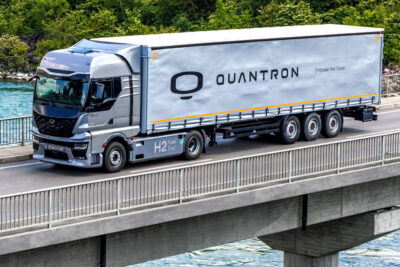
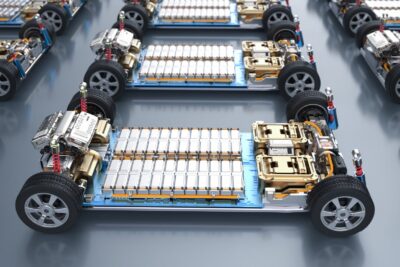
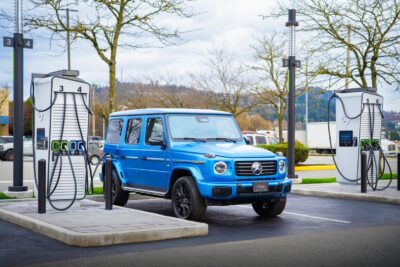
3 Comments